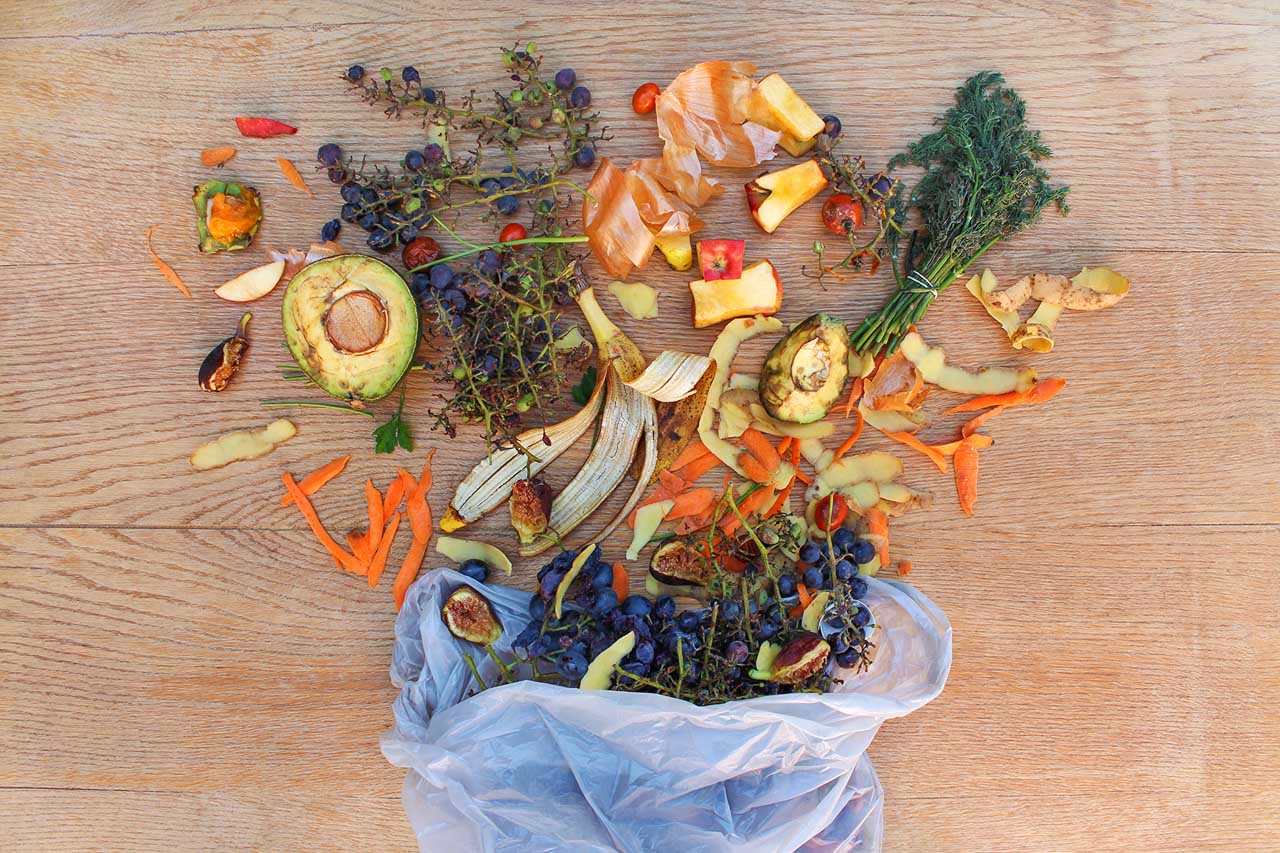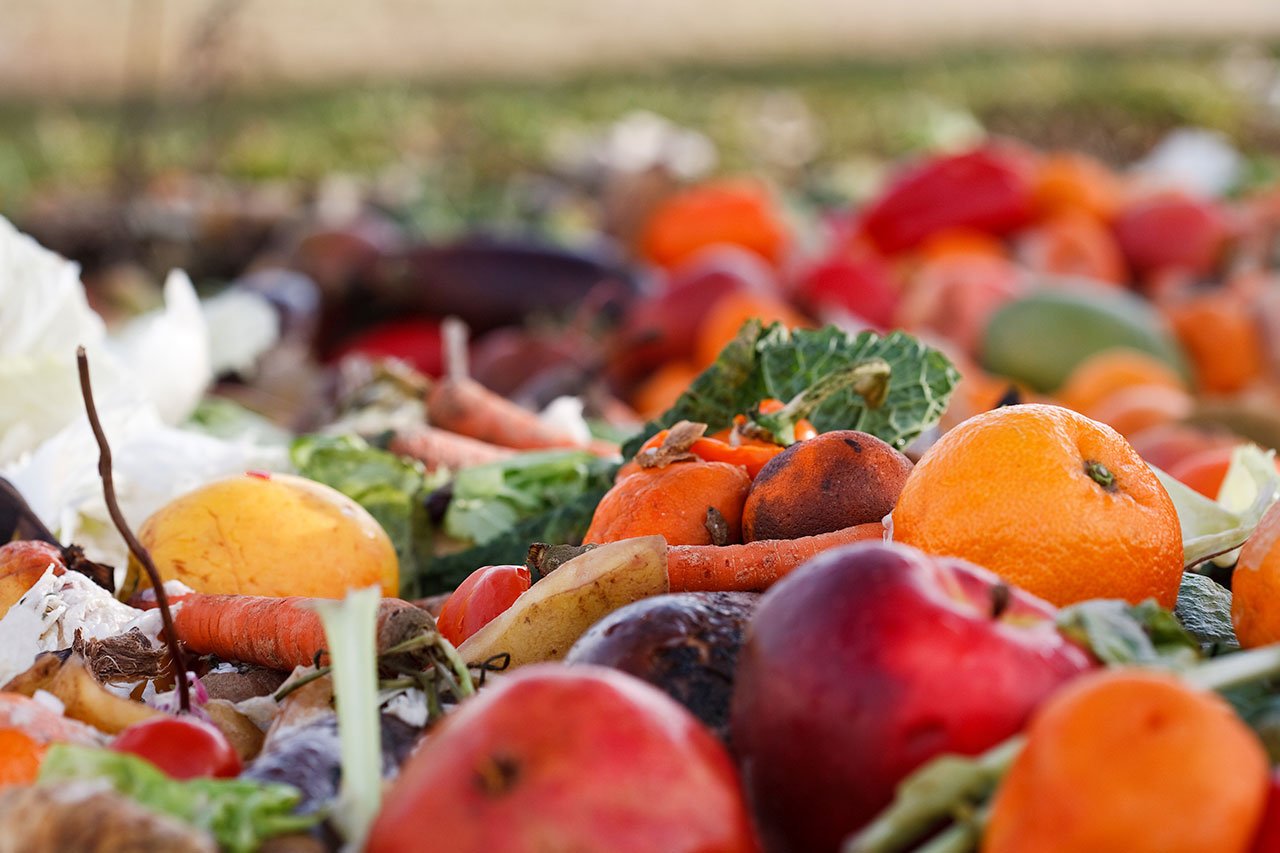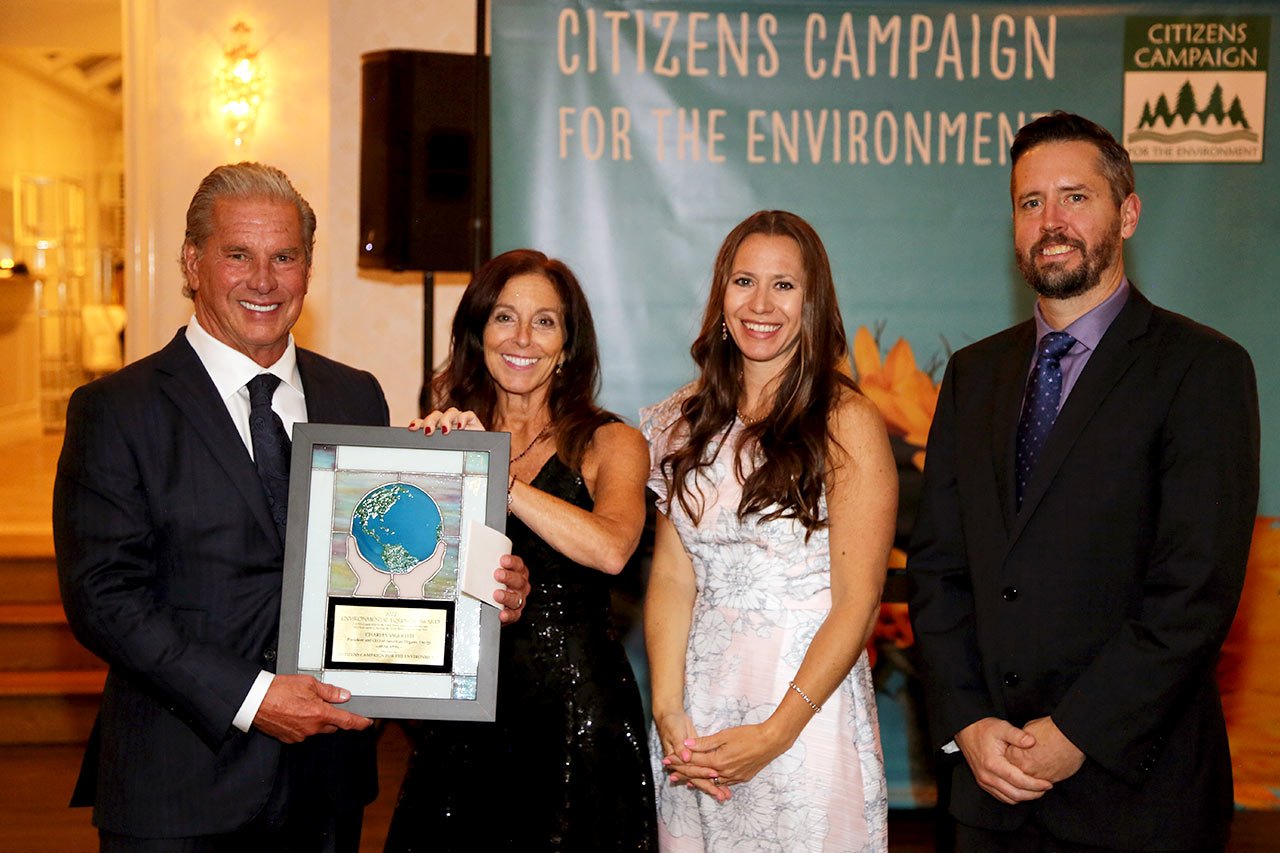Global food waste has reached crisis levels. New York City takes a proactive stance and area supermarkets and restaurants aim to limit food waste, but other parts of the country and the world are also starting to see the need for change.
In the United States, landfills are responsible for producing 17% of methane emissions, making them the third-largest source. This can be attributed in part to the decomposition of food waste. Since resources were also used to produce the food originally, waste is a massive strain on the environment.
Food Waste Awareness Reaches a Global Scale
While we have long known that food waste is a global problem, recent reports indicate it may be far more significant than previously thought. New research by the international non-governmental organization World Wildlife Fund and British multinational groceries and general merchandise retailer Tesco PLC estimates 2.5 billion tons of food are lost or wasted annually, accounting for around 40% of all food produced. This is more than double the previous estimate of 1.2 billion tons and accounts for an estimated 10% of global greenhouse gas emissions. CNN reports that this is almost twice the annual emissions produced by cars in the United States and Europe.
With a new report by the U.N. Intergovernmental Panel on Climate Change (IPCC) predicting the continuation of rising temperatures, warming oceans, rising sea levels, melting glaciers, and extreme weather events, the fate of humanity relies increasingly on taking action to cut waste and reduce greenhouse gases.
National & Global Efforts to Reduce Food Waste
While nearly 200 parties have signed the international Paris Climate Accords, only 11 of the submitted national carbon plans include measures aimed at reducing food waste. Additionally, most of these strategies come from African nations attempting to limit post-harvest loss, but more industrialized nations produce a larger percentage of food waste.
While attempts to reduce food waste have been slow, they’re becoming increasingly common, however. Within the last year domestically, 18 states have passed a total of 52 bills related to food waste management. These include grant-based incentives, along with laws that require separating food waste for anaerobic digestion. Some states and cities across the United States have also created food waste task forces to investigate waste reduction opportunities.
Maryland, New Jersey, and California are some of the latest states to implement notable regulations.
In Maryland, HB264 requires establishments that produce more than 2 tons of food waste per week and are located within 30 miles of an organics recycling facility must reduce, divert, or anaerobically compost waste. By 2024, organizations that produce more than 1 ton of food waste per week will also be subject to these requirements.
In New Jersey, P.L. 2020 c.24 calls for establishments producing 52 tons or more of food waste annually “located within 25 road miles of an authorized food waste recycling facility” to separate and recycle food waste.
Starting in 2022, California will take things a step further. SB 1383 will require cities and counties to provide organic waste collection for businesses and homeowners and allow communities to levy fines for those who fail to recycle.
On a national level, the Zero Food Waste Act and Cultivating Organic Matter Through the Promotion of Sustainable Techniques (COMPOST) Act introduced by Congresswoman Julia Brownley (CA), Congresswoman Ann McLane Kuster (NH), Congresswoman Chellie Pingree (ME), and Senator Cory Booker (NJ) aim to reduce food waste through multiple initiatives. The Zero Food Waste Act would create a program to fund planning, measurement, and reduction efforts, while the COMPOST Act would provide grants to promote large-scale composting projects.
Unfortunately, some efforts may be waylaid by the pandemic. Since many schools, restaurants, and other entities hard hit by pandemic-related expenses and/or financial losses are frequently the subjects of food waste prevention laws, some communities are putting changes on hold due to the lingering effects of the novel coronavirus (COVID-19).
American Organic Energy has designed a large-scale anaerobic digester on track to become the world’s most sophisticated food waste processing facility. It will process 180,000 tons of local food waste every year to combat New York City’s organic waste problem and serve as an example for the rest of the world.








